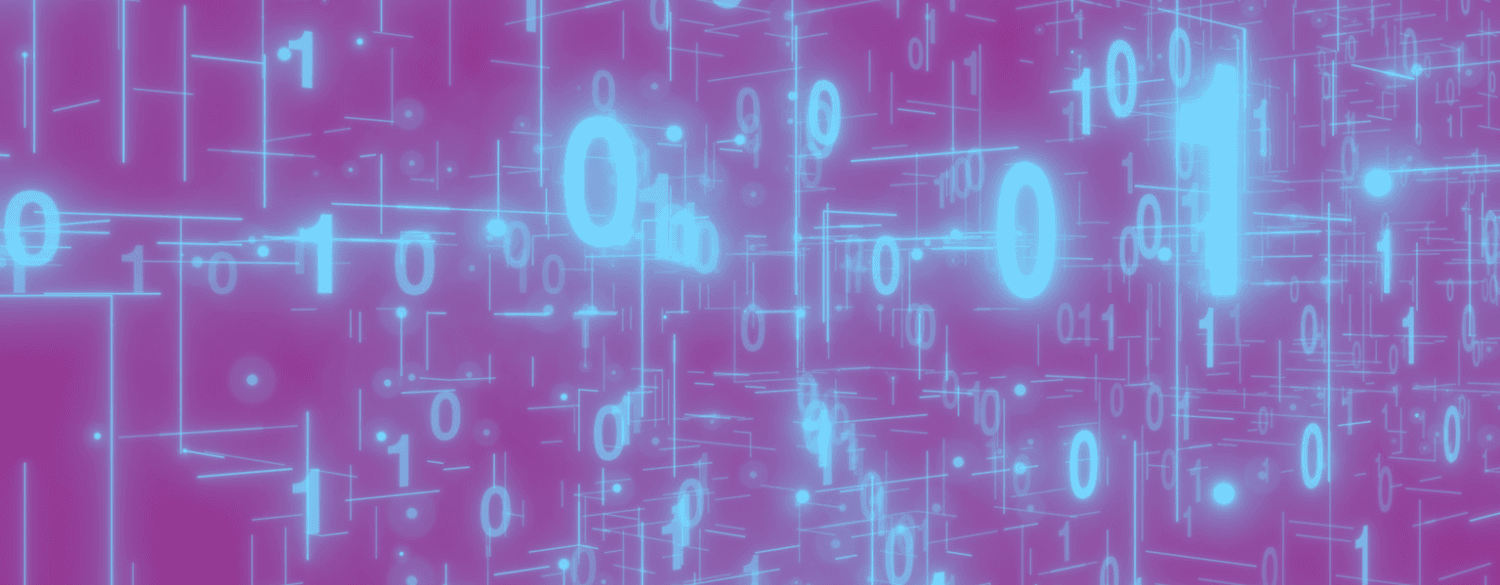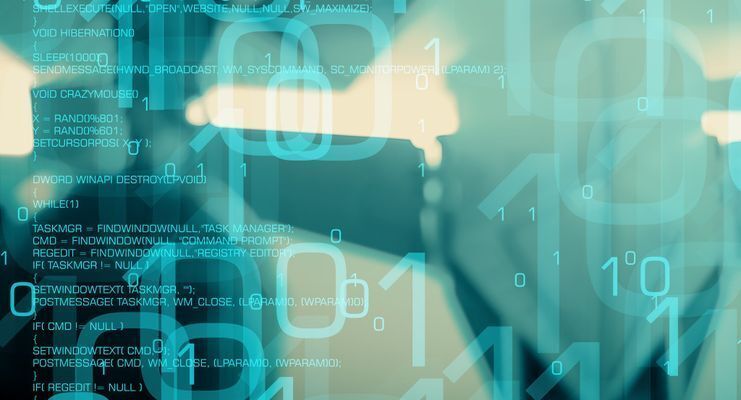Date of Chat: 26 April 2022
Link to Recording: View a recording of the Chat on YouTube.
More on #CyberChats: Learn about upcoming #CyberChats or visit the archives.
Chat Description & Details:
We all know how our social media platforms can be a great way to connect with others who enjoy the things we like. However, these same platforms are also an easy way for others (our family, friends, classmates, and even ourselves) to spread disinformation easily.
During this NCF #CyberChats session - Luke Osterritter shares what makes certain types of information bad, and what you can do about it in your daily life. Luke is a Cybersecurity Researcher at the Carnegie Mellon University (CMU) Software Engineering Institute (SEI). He's also a Doctoral Researcher at the CMU Center for Informed Democracy and Social-cybersecurity (IDeaS).
This Chat was presented via Nepris.
Key Questions:
* What is disinformation? Misinformation? Malinformation?
* How to understand the difference between different types of bad information?
* Why does bad information spread?
* What can I do to help stop the spread of bad information?
* Which kinds of professionals need the ability to stop bad information?
Expected Outcomes:
* Understand the differences between mis-, dis-, and malinformation.
* Understand the dangers of disinformation and why we should care.
* Develop strategies for identifying and verifying social media content.
* Gain an understanding of how to apply identification techniques to posts on social network.
* Identify career paths that you can select that work on disinformation.
About Our Presenter
Luke Osterritter is a cyber security researcher and member of the technical staff within the Enterprise Threat & Vulnerability Management team at the CERT division of the Carnegie Mellon University Software Engineering Institute. He is also a doctoral researcher with the Center for Computational Analysis of Social and Organizational Systems, part of the Institute for Software Research at the Carnegie Mellon University School of Computer Science.
Luke’s research focuses on using dynamic network analysis along with computational and agent-based modeling techniques to study organizational resilience, insider risk, and social-cybersecurity. He has professional experience relating to cyber security, enterprise threat management, workforce development, and systems and network engineering. Luke is a Certified Information Systems Security Professional and holds a Master of Science in Information Sciences from the University of Pittsburgh.



